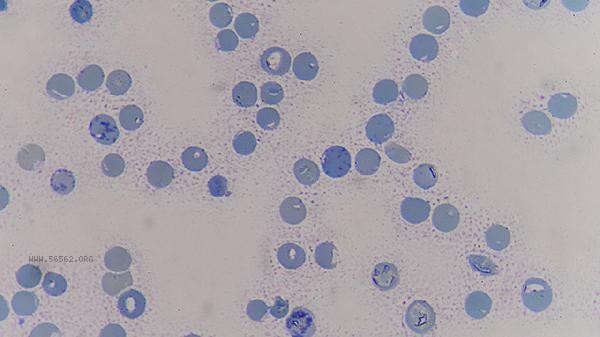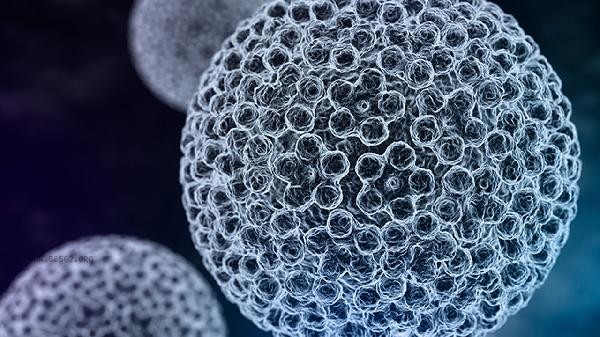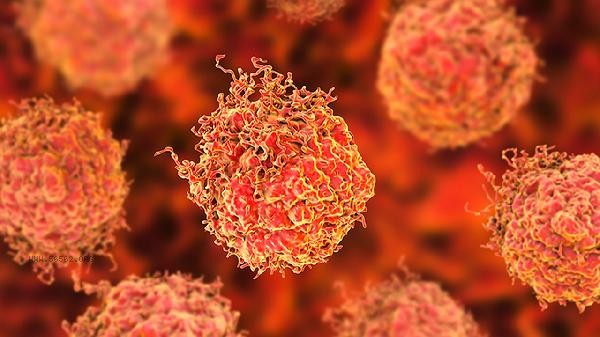A high red blood cell count is not necessarily an early signal of cancer, and is mostly related to non cancerous factors such as blood concentration, altitude sickness, and chronic hypoxia. The main reasons for an increase in red blood cells include blood concentration, chronic hypoxia, polycythemia vera, kidney disease, and tumor factors.

1. Blood concentration:
Dehydration or excessive sweating can lead to a decrease in plasma volume and relative concentration of blood, manifested as a false increase in red blood cell count and hemoglobin concentration. This situation can be corrected by fluid replacement without the need for special treatment. Commonly seen in patients with severe exercise, high-temperature work, or diarrhea.
2. Chronic hypoxia:
When the body is in a low oxygen environment for a long time or suffers from chronic lung diseases, it compensates by increasing red blood cell production to enhance oxygen carrying capacity. Commonly seen in high-altitude residents and patients with chronic obstructive pulmonary disease, it may be accompanied by symptoms such as cyanosis of the lips and shortness of breath after physical activity. Improving the hypoxic environment or treating the primary disease can gradually restore the indicators.
3. Polycythemia vera:

This is a bone marrow proliferative tumor characterized by autonomous excessive proliferation of red blood cells, which may be accompanied by elevated platelets and white blood cells. Typical symptoms include skin flushing, headache, dizziness, and blood tests showing JAK2 gene mutations. Red blood cell count needs to be controlled through bloodletting therapy or medication such as hydroxyurea.
4. Kidney disease:
Kidney cysts or renal artery stenosis may lead to abnormal secretion of erythropoietin, causing secondary erythrocytosis. These patients usually have symptoms of kidney damage such as hypertension and proteinuria, and need to be diagnosed through renal ultrasound and renal function examination. Treatment should focus on controlling the primary disease.
5. Tumor factors:
A small number of tumors such as kidney cancer and liver cancer may secrete erythropoietin ectopically, but they are usually accompanied by typical cancer symptoms such as weight loss and persistent fever. When there is a mild increase in red blood cells without any other abnormalities, the possibility of cancer is low, and a comprehensive judgment should be made based on tumor markers and imaging examinations. When high red blood cell count is found, excessive tension should be avoided. It is recommended to recheck the blood routine to eliminate detection errors, and to check the reticulocyte count and erythropoietin level to help identify the cause. It is necessary to maintain sufficient drinking water in daily life, avoid smoking and staying in a closed environment for a long time. Residents in high-altitude areas can increase their intake of iron and vitamin B12 appropriately. If it continues to rise with symptoms such as splenomegaly and skin itching, it is necessary to seek timely diagnosis from a hematology department for bone marrow proliferative diseases. Regular physical examination monitoring indicators have more reference value than single test results.










Comments (0)
Leave a Comment
No comments yet
Be the first to share your thoughts!